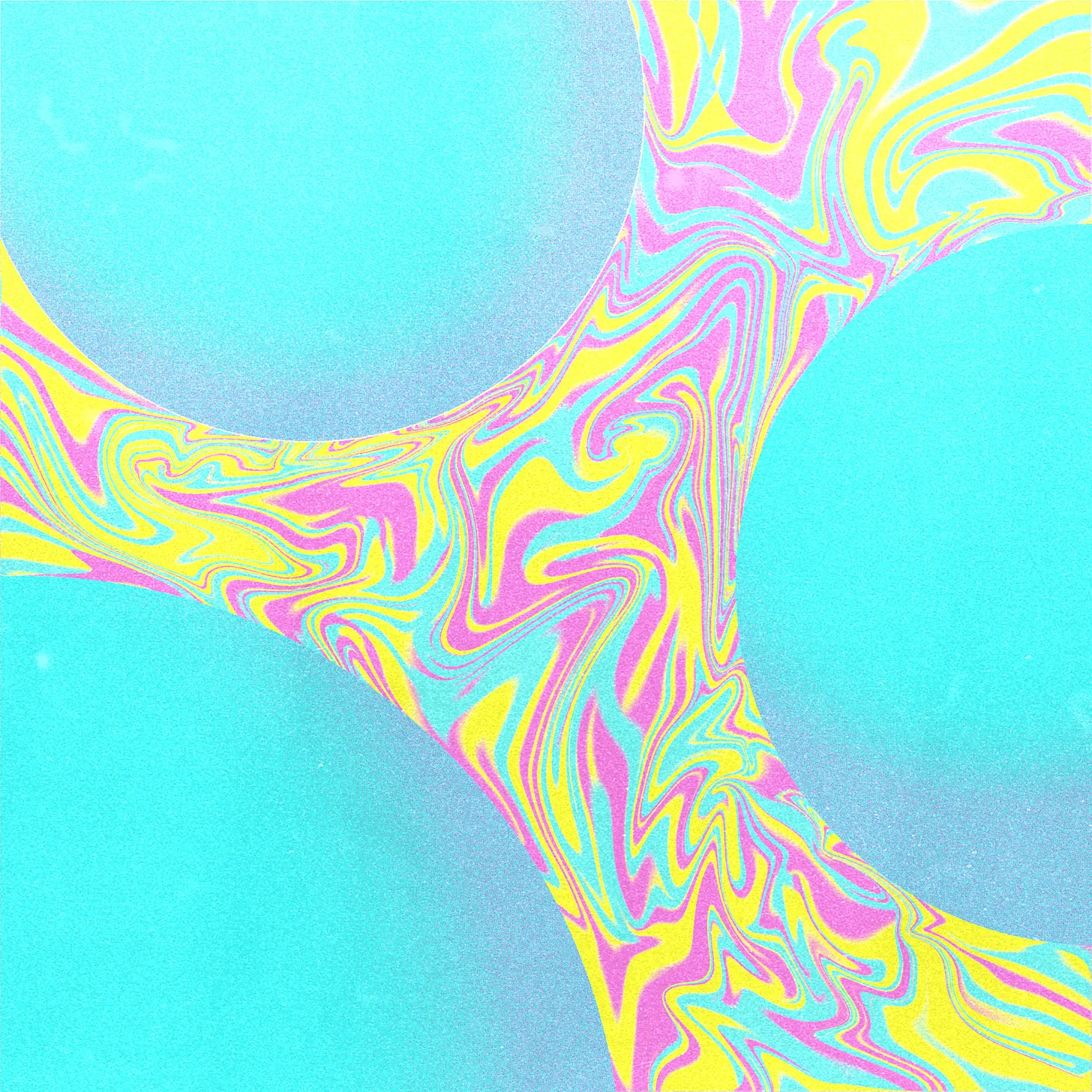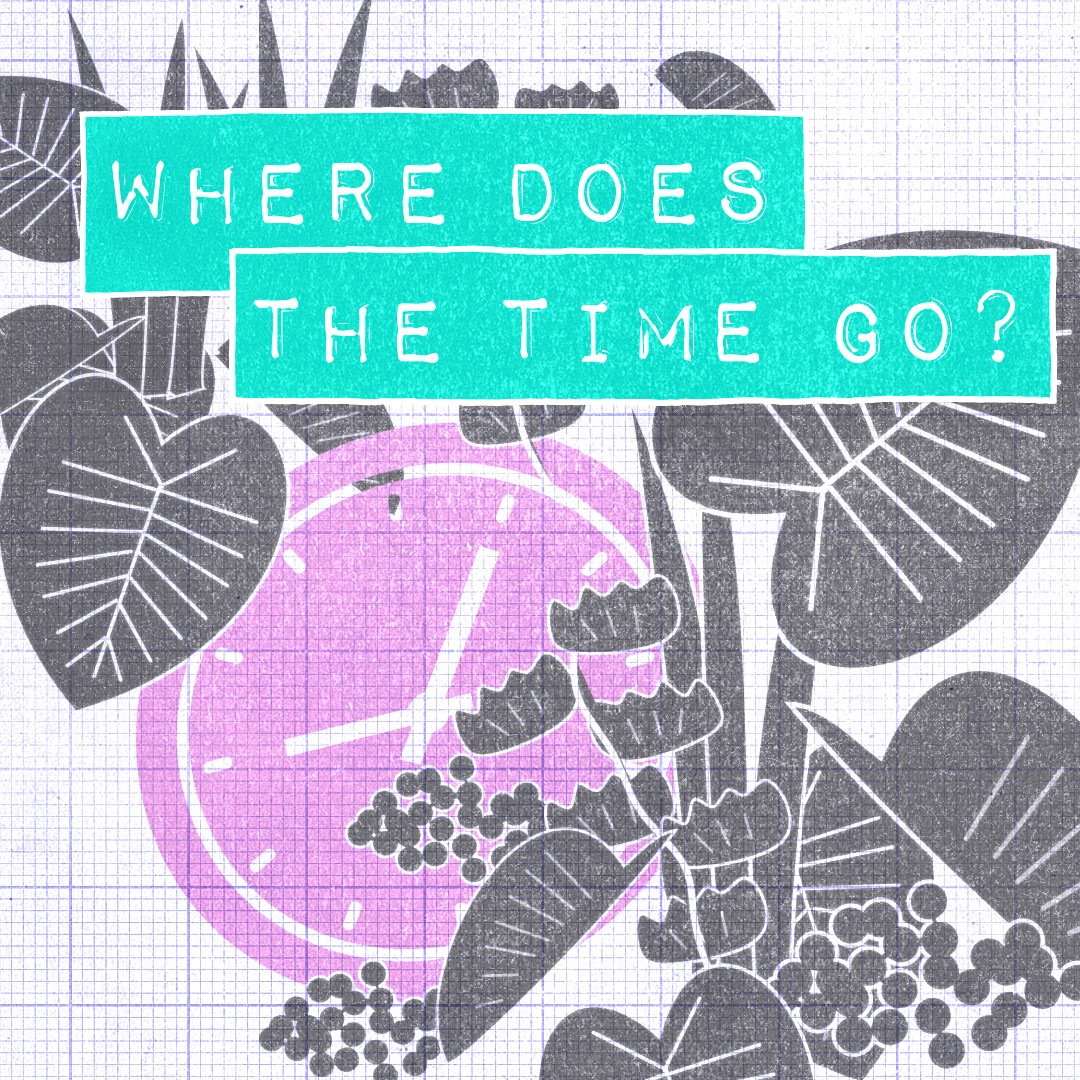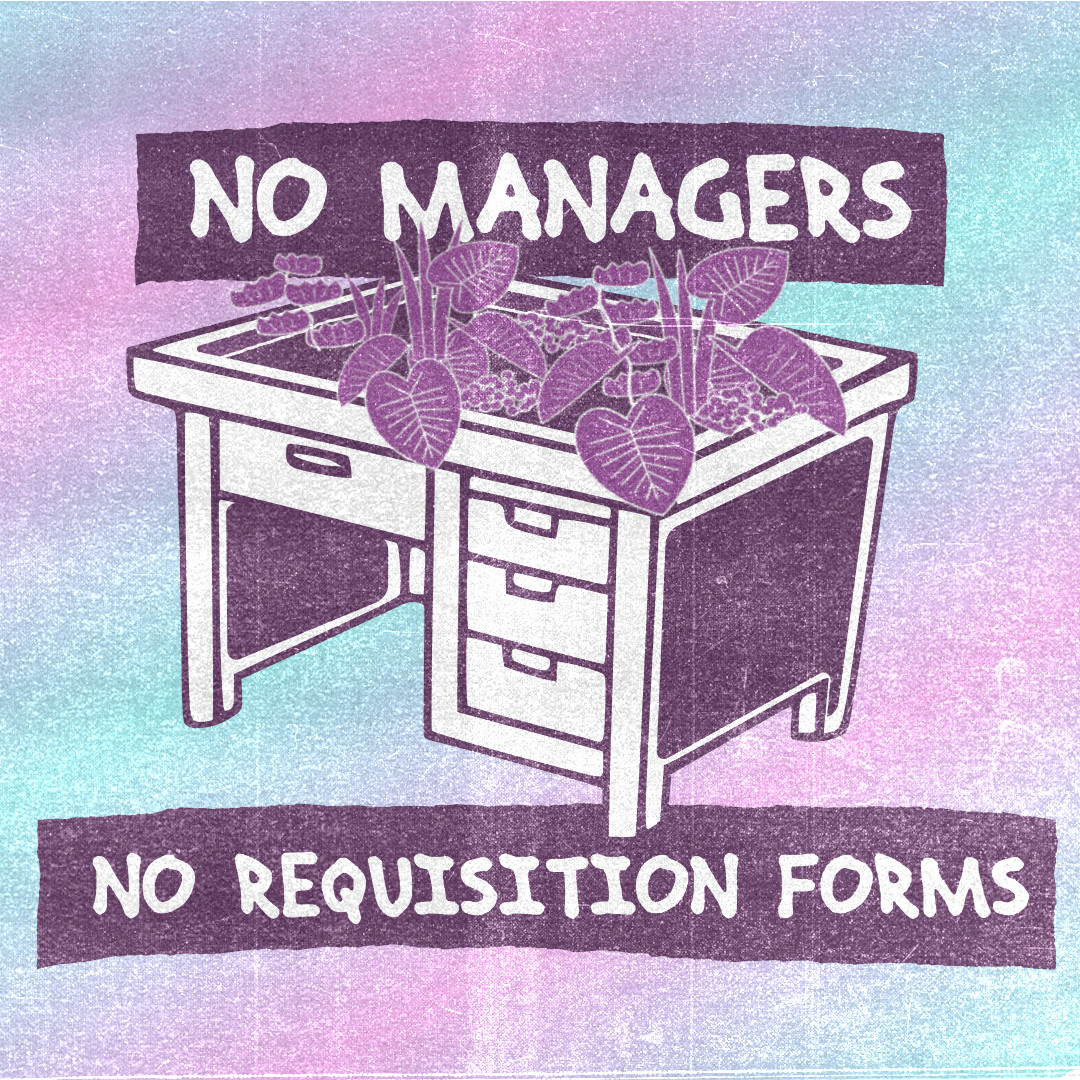In the US, we’ve spent years (6 years? 20? 250?) careening from one crisis of democracy to another. Or we’re in one deepening crisis. A supreme court with no public accountability, an electoral college system that doesn’t follow the popular will, states limiting voting rights, a small minority with ever greater governmental power, an attempted coup, and so on.
This week, I’ve been reading an essay from anthropologist David Graeber that raises fundamental questions about the meaning and function of democracy. It involves the relationship between voting and violence, the incoherence of “the west” as a concept, and guidance for looking for democratic practices outside mainstream institutions. It turns out that in the midst of the crisis of government, we are also living in a renaissance of democratic practices.
David Graeber (1961-2020) is one of my favorites. My partner and I listen to his audiobooks on car trips, I regularly get his books for birthdays, and I try to sneak something of his into every class I teach. He writes with a wry, opinionated clarity that I like. So many of his small and large points snap large parts of my experience into focus. I’ve spent years tracking down ideas that I first came across in Graeber.
I was reading Graeber this week to get ready for an open invitation reading group organized by Nika Dubrovsky (artist, organizer, and his widow) and others. The reading group is part of a project called “The Museum of Care,” which is itself an extension of the “Intergalactic Carnival for David” (#Carnival4David) memorial celebration. At some point I want to tell you more about both of those projects.
The reading group has been reading an essay called “There never was a west: Or, Democracy Emerges from the Spaces in Between,” you can find it in Possibilities : essays on hierarchy, rebellion, and desire. They’ll be meeting on online July 21, 2022 18:50 (London time). You should join in! I’ll be there!
A link to the reading group announcement
A link to a scan of the essay
A better world is possible. Subscribe to learn how to build it!
Words and Practices
The essay is generally about what the word “democracy” means to people and where actual self-governing practices and ideals come from. He argues that what people (especially political philosophers) usually call “democracy” is only the tip of the iceberg of participatory practices. The essay comes out of some specific discussions in the alter-globablization movement in the 2000s, but is more broadly applicable. Like a lot of Graeber’s writing, the essay is hard to summarize without reconstructing the whole thing. But also like a lot of his writings, there are a few points that really stick with me. Here are some favorites:
Democracy everywhere (else)
For many people, “democracy” refers to a form of government that involves voting for the people in charge (representative government). But this only one of many way that people can govern themselves.
Instead, democracy could be understood more generally as: ordinary people managing their own affairs and deciding things among themselves. From that point of view, democracy is actually a ubiquitous, default way of organizing things. It’s often a way that people go about their business when left to their own devices.
If you’re looking for the history of actual democratic practices and ideals, the last place to look is the intellectual history of political thought. It’s not something invented by the founders of the US, in Athens, or anywhere else. It’s not really something that needs to be invented at all.
A better place to look is in the meeting places, borders, and no-mans-lands between states and empires. The most fertile ground for democratic practices are the places away from state power, where people from different backgrounds meet on relatively equal footing and have to decide things together. So, instead of reading Thomas Jefferson, look at communities of people who escaped enslavement, indenture, and jail; roughly egalitarian pirate crews; cosmopolitan amalgamations of indigenous groups (like the Iroquois confederacy); and Euro-American frontiers where settlers and indigenous people met (at least before the army showed up).1 Each offered early Americans models for the possibility of self-governance. Every time and place has similar liminal zones of democratic innovation.
Democracy ≠ Voting
In this wider world of democratic practices, voting is rare because it creates problems. As soon as there is a vote, some folks are guaranteed to lose. It’s very clear that they aren’t going to get their way. This easily leads to humiliation, hard feelings, and entrenched divisions that become factions. The people who lose could simply refuse to go along, maybe leaving altogether. Or: winning the vote becomes its own goal, never mind what would actually be best. Ultimately, Graeber argues that voting only really works if the people who win can force the people who lose to stay and go along with the decision, often through (a threat of) violence.
Representation (voting for leaders) makes all of this much worse. Even further removed from directly deciding things, choosing leaders more easily creates factions and a sports-like drive to win the contest.
For Graeber, the combination of popular sovereignty and coercive force can’t work in the long run. It’s unstable. He says that what we’re seeing in the US is the breakdown of an attempt at this combination. More generally, some people argue that the massive world-wide bloodshed of the past century stems from attempts to circumvent the contradiction by repressing the plurality and imposing an exclusionary, homogeneous idea of “the people,” or by just forgoing any actual democratic process and having a leader who claims to know the will of “the people.”
Does any of this sound familiar?
Learn from the margins
If you rule out force and you want to keep the community together, the only thing to do is to figure out what everyone can agree to (or at least what no one totally rejects). No one loses. No one wins. Everyone contributes to a solution. It sounds idealistic, but there have been many versions of this approach practiced throughout the world and across history.
The past few decades have seen a renaissance of functional, egalitarian, nonviolent modes of democracy, just mostly not in the halls of power. New techniques are once again found at the margins: Indigenous autonomy movements across Latin America, unemployed Argentinian factory workers, new grass-roots unions, and a wide range of social movements. There’s a lot to learn from democracy happening betwixt and between.
These are on my short list of things to learn about. Peter Linebaugh and Marcus Rediker’s Many-Headed Hydra: Sailors, Slaves, Commoners, and the Hidden History of the Revolutionary Atlantic and Colin Calloway’s New Worlds for All: Indians, Europeans, and the Reamaking of Early America look like good places to start.




